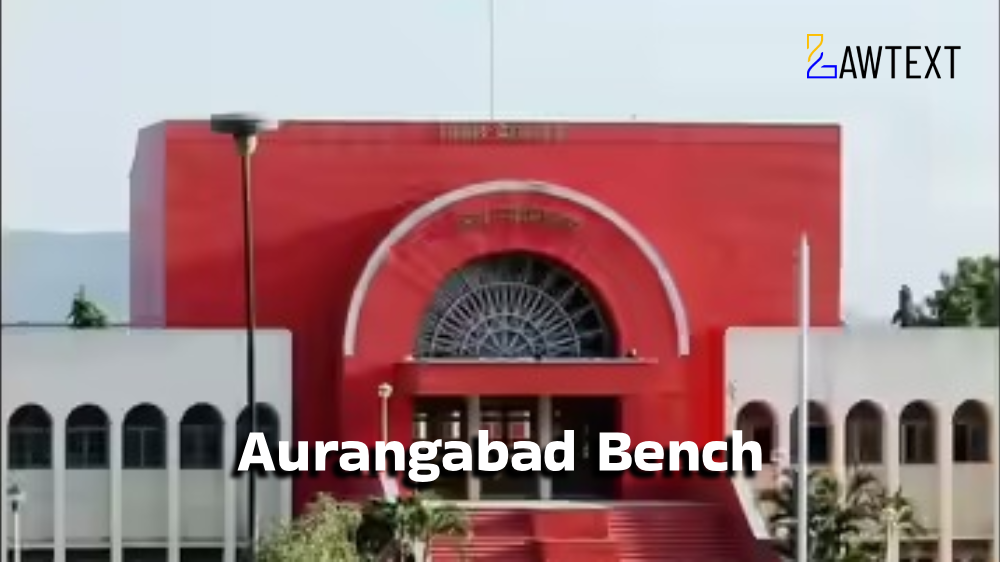Case Note & Summary
The Supreme Court has reaffirmed the exclusive jurisdiction of the Rent Controller under the Goa Rent Control Act for disputes concerning tenancy, rent, and eviction within the State of Goa. The Court highlighted that civil courts are generally precluded from intervening in matters covered by the Act, reinforcing the specialized tribunal system. Appeals can be made to the appropriate appellate authorities, and the Supreme Court retains jurisdiction only in cases involving significant legal questions or gross injustice. This ruling emphasizes the structured legal process and reinforces the Act's intent to streamline dispute resolution in rent control matters.
1. Exclusive Jurisdiction of Rent Controller:The Goa Rent Control Act vests the Rent Controller with exclusive jurisdiction over disputes related to tenancy, rent, eviction, and related matters within the State of Goa. This ensures that these issues are first addressed by specialized authorities rather than civil courts.
2. Role of Appellate Authorities:The Act establishes a clear appellate hierarchy, where decisions made by the Rent Controller can be appealed to the Administrative Tribunal or other designated authorities. This structure is intended to provide a streamlined process for resolving disputes.
3. Limitations on Civil Courts' Jurisdiction:Civil courts are generally barred from intervening in matters that fall within the Rent Controller’s jurisdiction unless explicitly provided for by the Act. This limitation is consistent with similar rent control laws across India, aiming to prevent parallel litigation and ensure uniformity in decision-making.
4. Supreme Court’s Jurisdiction Under Article 136:While the Act limits civil court intervention, the Supreme Court retains the power to entertain appeals under Article 136 of the Constitution. However, such appeals must raise substantial legal questions or involve cases of significant public interest or gross injustice.
5. Criteria for Appeals to the Supreme Court:The judgment underscores that the Supreme Court will only consider cases where all other remedies, including appeals to the appellate authorities, have been exhausted. The Court will intervene primarily in instances of manifest legal errors or when there are broader implications for public interest.
Issue of Consideration: M/S BHARTI AIRTEL LIMITED VERSUS A.S. RAGHAVENDRA
Premium Content
The Issue of Consideration is only available to subscribed members.
Subscribe Now to access critical case issues








